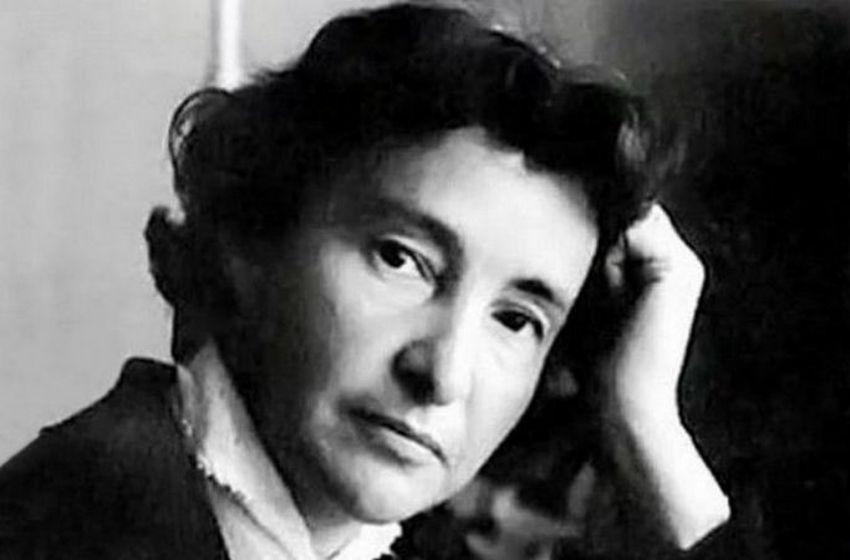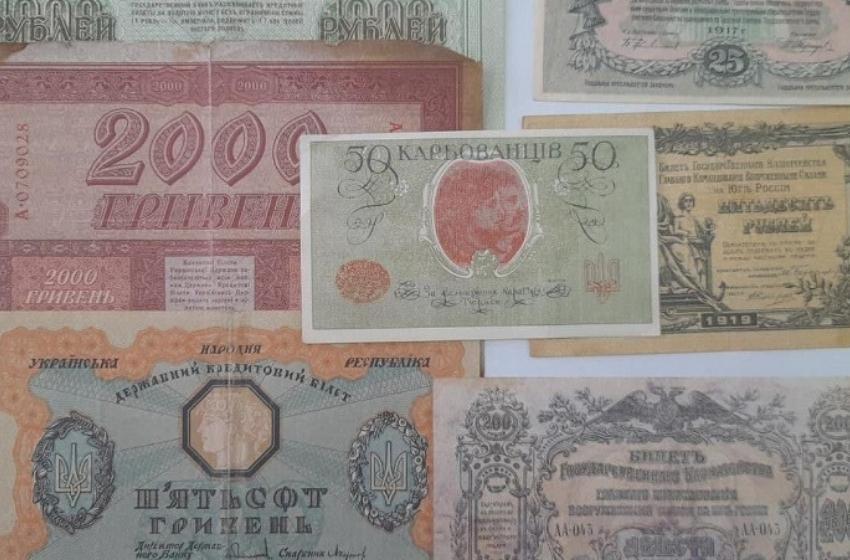Margarita Aliger was born in Odessa, on October 7, 1915, in a Jewish family of poor employees. The real family name was Zeliger. Her father disappeared from home when Rita was nine years old.
From early childhood, she was very fond of reading, especially Pushkin, and she made her first attempts at writing by starting to show her literary talent. As a teenager she worked at a chemical plant.
She left her studies at 16 and moved to Moscow, where her creative debut took place. She became a librarian at the Institute of Ogiz. In 1933, she began publishing in the "Ogonek" magazine.
In 1934, she enrolled at the "Gorky" Literary Institute, where she studied until 1937. She published the collections "The year of birth", "Stones and herbs", "The railway". From 1934 to 1939 she traveled extensively, visiting Uzbekistan, Kyrgyzstan, Georgia, Azerbaijan, Belarus and Ukraine. These trips contributed to the creation of new publications.
Her first husband was the composer Konstantin Makarov-Rakitin, but he died at the front during Second World War, as did their only child, a double tragedy that left her devastated. Shortly after she had a love affair with the Soviet writer Alexander Fadeyev; from this union was born Maria (Masha Enzenberger), who married the German writer Hans Magnus Enzensberger. Aliger's second and final husband was the Central Committee official Igor Chernoutsan.
During the Second World War she worked as a war correspondent and wrote numerous poetic collections, becoming a symbol of patriotic propaganda. The main themes of her poetry were the heroism of the Soviet people during industrialization (Year of birth, 1938; Railroad, 1939; Stones and grass, 1940) and during World War II (Lyrics, 1943). Her most famous poem is "Zoya" (1942), about a Soviet female partisan executed by the Germans. After Stalin's death, she was declared a "mediocre" poet by critics.
In the 60s and 70s, she continued to write and her works were regularly published; among these "Japanese notes", "Two encounters", "Sad Spain", "From the French notebook", "The Italy of my soul".
She survived all her husbands and children. She died on August 1, 1992, and was buried in the Peredelkino cemetery (southwest of Moscow), next to her daughters.
Yes and No
If right now, I were
only eighteen years old,
I would most prefer to sent back the “noâ€-word!
If, right now, I were
of my twenty two years,
I would most refer
To reply just by “yesâ€!
But for years of our lots,
For all difficult years,
Not enough of small words,
As are “no†or “yesâ€
They have not enough mightiness
to retell you my soul:
So, if I’m in silence,
stop ask questions at all.






















